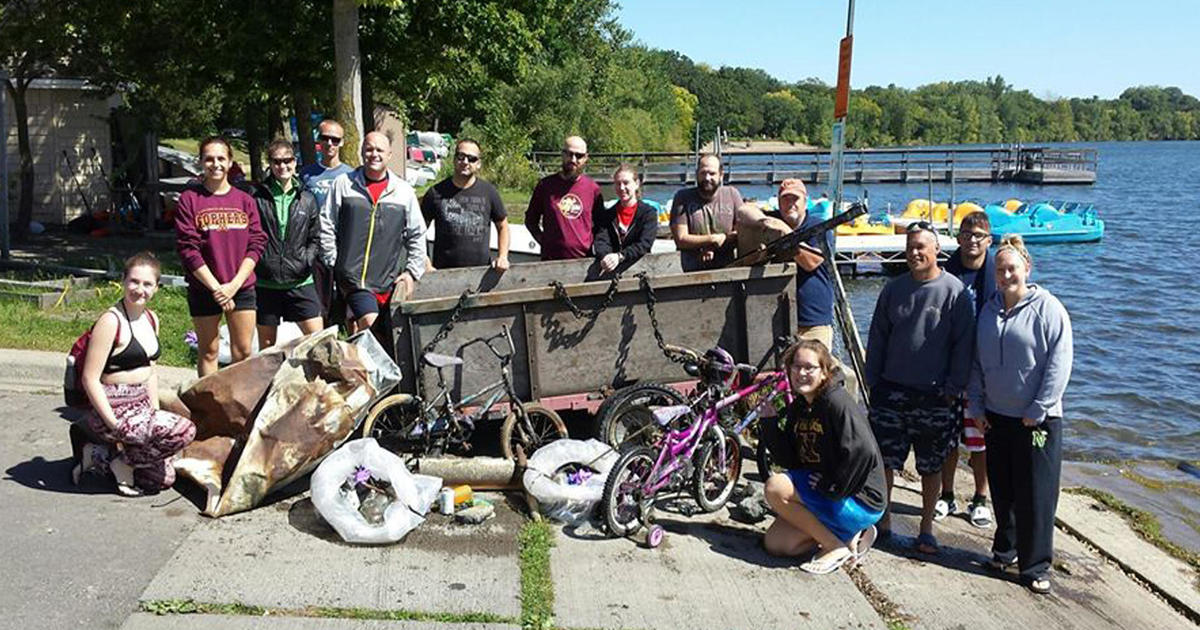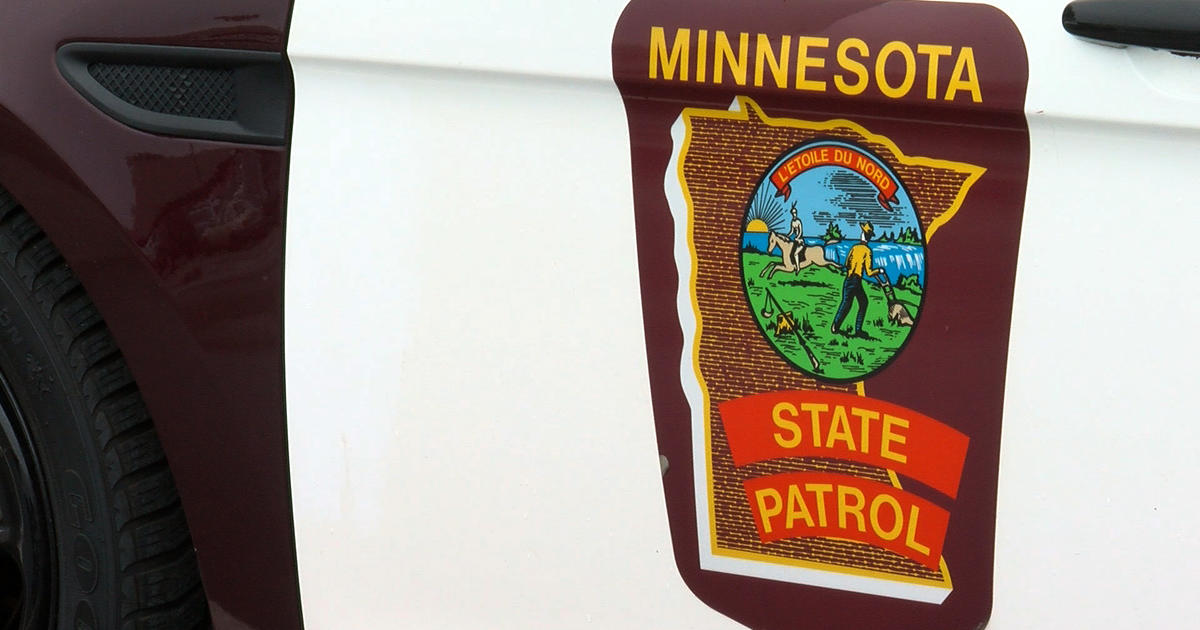Fond Du Lac Band Of Lake Superior Chippewa Seeks To Expand Elk Population
MINNEAPOLIS (WCCO) -- The Fond du Lac Band of Lake Superior Chippewa is spearheading an effort to expand the elk population in the state.
In early July, the band announced it officially submitted a proposal to the Minnesota Department of Natural Resources that seeks to relocate 100 to 150 elk from existing herds in the northwest part of the state.
The elk would then be reintroduced to the Fond du Lac Reservation, located to the west of Duluth. The elk would also be relocated to the Fond du Lac State Forest in Carlton and southern St. Louis counties.
Matt Schrage is the band's wildlife biologist.
"There's a lot less agriculture over on (the northeast) side of the state," he said. "It's not row crops such as corn and soybeans, it's smaller livestock and pasture operations. There's a lot more forest and a lot more public lands, so we think in years to come there's a lot more room to have a bigger elk herd on this side of the state."
Elk, known as "omashkooz" by the Ojibwe people, once had a population in the thousands and a range covering most the state, but are now confined to two small herds in northwestern Minnesota.
Band officials say the objective of the proposal is, in part, for elk to "once again play a role in the diet and culture of the region's native peoples." That includes a robust elk herd that would provide for future hunting opportunities, for both tribal and nontribal members.
It would also bring back a native species that Schrage says is well-equipped for climate change.
"It's pretty clear that (climate change) is likely to happen in some fashion and elk are a very versatile, adaptable animal, and would deal well with whatever future climate change comes," Schrage said.
A lot of work is needed between now and moving the first elk, Schrage said.
"We need to step up surveillance for chronic wasting disease both in northwest Minnesota, where elk are, and also here around the Fond du Lac Reservation to make sure the disease is not present," Schrage said. "There's more fundraising that needs to be done, there's holding facilities that need to be built and management plans that need to be written."
Schrage says public input, from both tribal and nontribal citizens, is also needed.
If the proposal is approved, the band hopes to begin moving the first elk by the winter of 2025.



